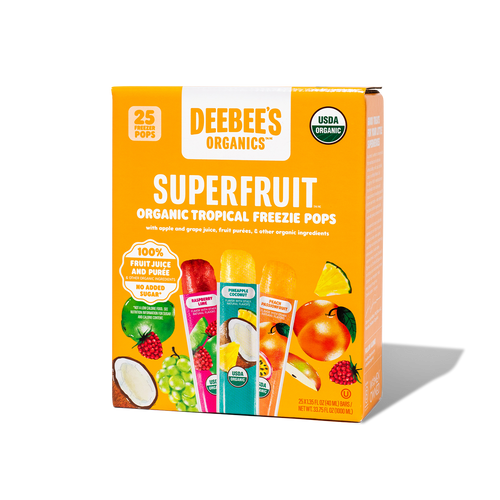Valentine’s Day often means expressing the love we have for others with cards, chocolates, and more. But what about ourselves?
February is a great time to teach the children in your life about self-love! By leveraging this month to build positive self-esteem and boost self-worth, you’re equipping them with tools for years to come. Keep reading to discover how to ignite self-love in kids using our top tips and this kid-friendly affirmations coloring page!
Utilize Positive Self-Talk and Affirmations
The way children speak about themselves has a huge impact on their self-worth! Here’s how to empower them to develop a strong inner voice:
- Have them say affirming phrases out loud when doing chores, before school, or whenever they need a boost! We love these 30 kid-friendly affirmations here.
- Weave positive self-talk and affirmations into their activities, like reading. To try this out, start by printing and coloring our free affirmations coloring page here!
- Treat yourself with kindness in front of them. Young children can mimic the behaviors of those around them, so treat yourself with positivity and kindness too.
Celebrate Individuality and Strengths
Each child is unique, and helping them lean into their strengths and unique points will boost their self-confidence over time. Here’s how:
- Be a cheerleader. This could be as simple as noticing they’re feeling down and reminding them how great they are at spelling, or how beautiful their natural hair is.
- Support their interests. If they love art, encourage them to do more of it on weekends. Sign them up for classes, watch YouTube videos, or do it with them!
- Point out others’ strengths, too. This is a great way to help children understand that while their own individuality is rare and worth celebrating, so is everyone else’s!
Reframe Challenges as Growth Opportunities
Children are bound to face obstacles or setbacks—it’s part of growing up! Here’s how to build resilience so that these moments don’t affect the self-love they hold:
- Share stories of mistakes made by famous people or yourself! This helps children understand that their errors don’t define them, and find relatability.
- Help them think long-term. When they’re worried about a mistake or embarrassing moment, reframe “I can’t do this” to “I can’t do this yet.” and help them work on it!
- Remind them that progress means trial and error. This helps children be gentle with themselves knowing that challenges are part of the process.
Amplify Wins and Reflect on Growth
Sometimes, children can focus too much on what they haven’t done. Here’s how to help children to recognize progress and build self-worth:
- Keep a “wins” journal where they can write or draw accomplishments they’re proud of! This allows them to return to their best moments when they’re down.
- Encourage reflection, and ask them questions that make them think about their wins. This could sound like asking “What did you do today that you’re proud of?”
- Share their growth with others, in front of them. This could mean putting great drawings on the fridge, talking about their goals to relatives, and more.
Encourage Healthy Boundaries and Self-Respect
Teaching kids about boundaries helps protect their emotions, while also building their self-respect over time. Here’s how:
- Tell them that it’s okay to say no when things make them uncomfortable or uneasy. Their feelings and emotions about people and situations do matter.
- Model setting boundaries in front of them. This could mean saying something like “I need some quiet time first,” so they see that self-care is important for everyone.
- Encourage them to share ideas and be themselves. As hard as it can be, remind them that their thoughts are valid and deserve to be heard in classrooms or at home.
If you’re on the hunt for more love inspired ideas, don’t forget to try our family-friendly Valentine’s themed recipes for a festive February.




